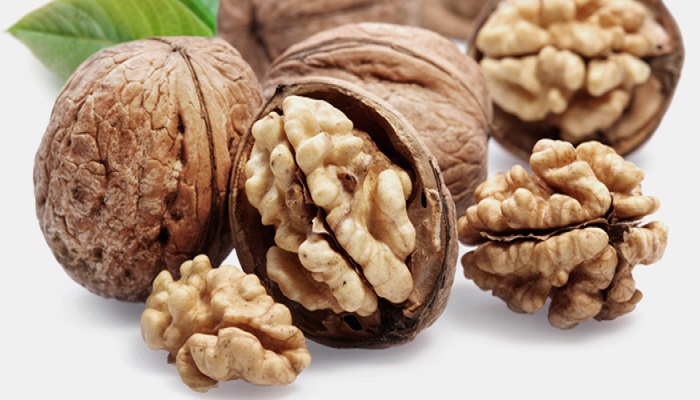Health: Walnut Consumption May Reduce Stress Among Students During Studies, Says Research
In a recent clinical experiment, undergraduate students' self-reported indices of mental health and biomarkers of general health were positively impacted by walnut consumption during their university studies. Read further on Dynamite News:

Canberra (Australia): In a recent clinical experiment, undergraduate students' self-reported indices of mental health and biomarkers of general health were positively impacted by walnut consumption during their university studies.
According to a University of South Australia study that was published in the journal Nutrients, walnuts may be able to mitigate the negative effects of academic stress on the gut flora, particularly in females.
Lead researchers, PhD student Mauritz Herselman and Associate Professor Larisa Bobrovskaya, say the results add to the growing body of evidence linking walnuts with improved brain and gut health.
Also Read |
Study links six gene types to anxiety and other mental health conditions
"We found that those who consumed about half a cup of walnuts every day showed improvements in self-reported mental health indicators. Walnut consumers also showed improved metabolic biomarkers and overall sleep quality in the longer term."
Previous research has shown that walnuts are full of omega-3 fatty acids, antioxidants, as well as melatonin (sleep-inducing hormone), polyphenols, folate and vitamin E, all of which promote a healthy brain and gut.
Assoc Prof Larisa Bobrovskaya says mental health disorders are common in university students and can adversely affect students' academic performance and long-term physical health.
Also Read |
Health: Study suggests laughter acts as stress buffer
"We have shown that consuming walnuts during stressful periods can improve mental health and general well-being in university students, as well as being a healthy and delicious snack and a versatile ingredient in many recipes, to fight some negative effects of academic stress," Assoc Prof Bobrovskaya says.
"Due to fewer numbers of males in the study, more research is needed to establish sex-dependent effects of walnuts and academic stress in university students. It's also possible that a placebo effect might have come into play as this was not a blind study." (with ANI inputs)
 Dynamite News
Dynamite News 